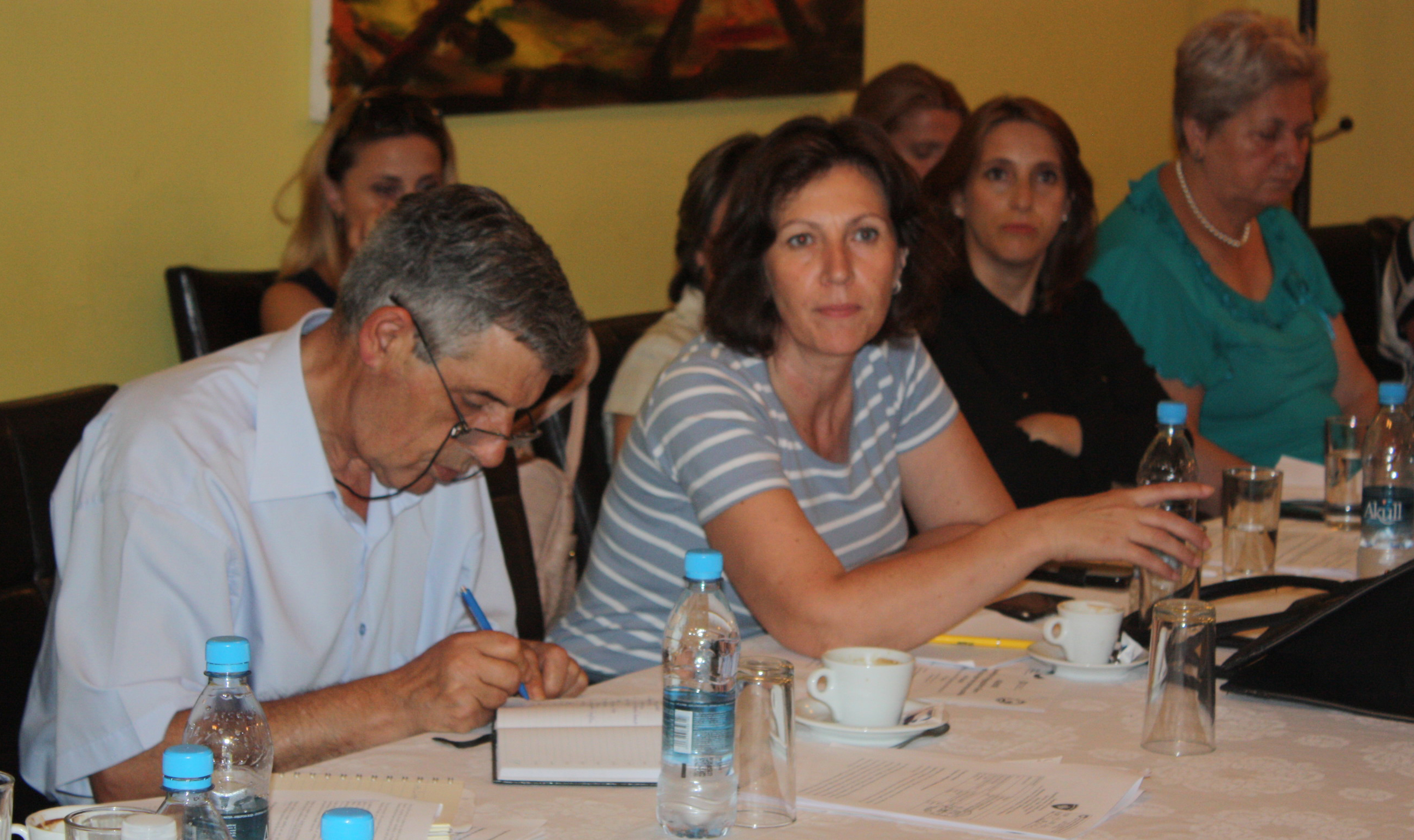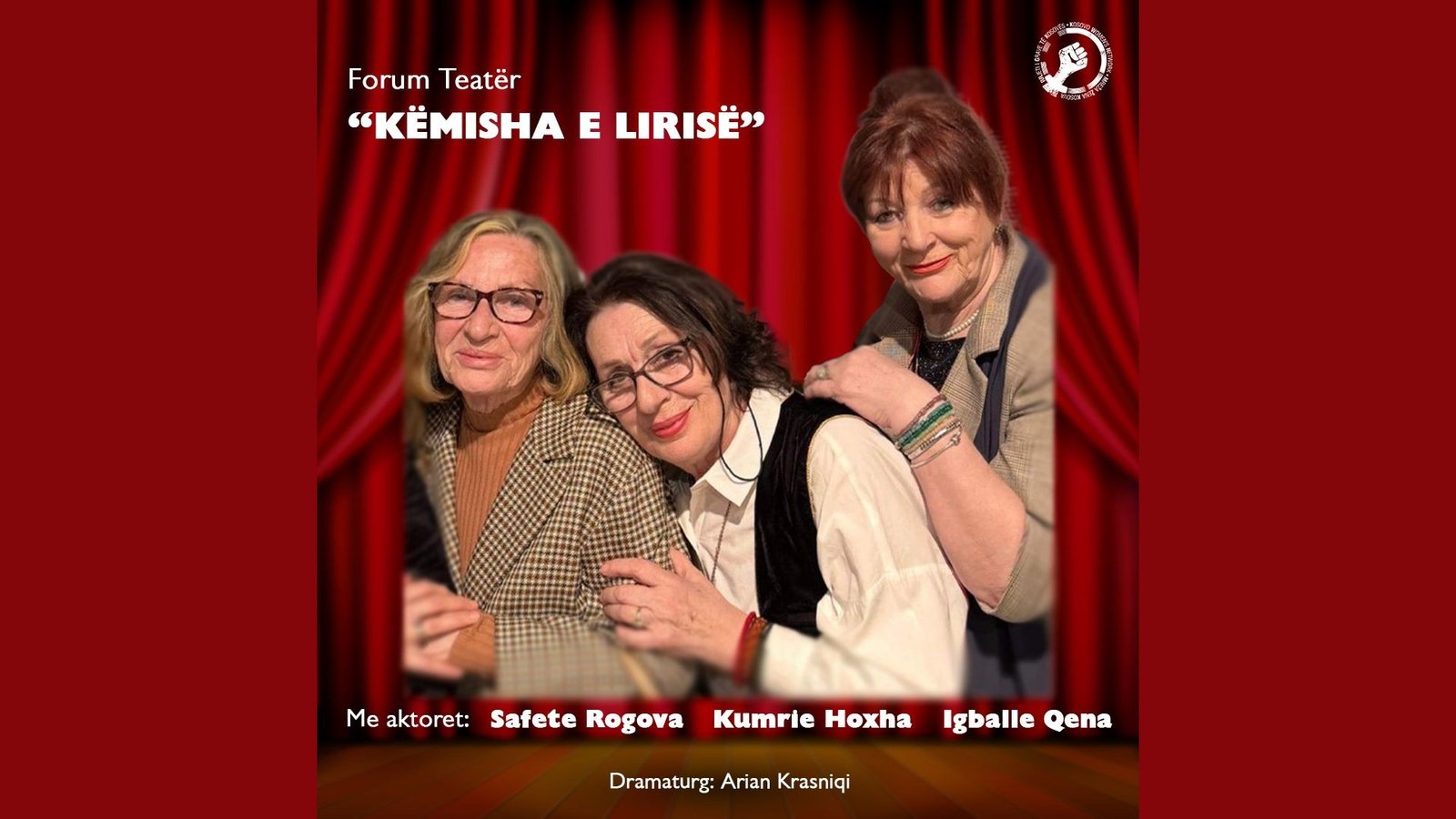On August 5, an important milestone was reached with the Ministry of Finance. This Ministry incorporated Gender Responsive Budgeting (GRB) in their Budget Circulars 2016/02 for central and local budget organizations, in accordance with the new Law on Gender Equality (2015). On Augst 6, KWN met with the budget analysts of this ministry to discuss how they can advise budget organizations on how to integrate GRB in their budget documents.
As the organiser of this workshop and one of KWN’s close partners in seeking to institutionalize GRB in Kosovo, Deutsche Gesellschaft für Internationale Zusammenarbeit (GIZ) welcomed the officials and introduced the agenda. Alexandra Fehlinger from GIZ (Project Leader, Reform of Public Finance Systems) thanked the participants for their presence, also stating, ‘’I am not trying to convince you that GRB is the most important thing in the world, but today I would like to tell you that GRB is better budgeting. Something that Kosovo needs.’’
Indeed GRB can contribute to more effective, efficient and transparent spending that benefits more Kosovars, including women and men. Petrit Popova, Head of the Department for Municipal Budget, expressed his interest in this subject while noting that it might be a delicate one. He suggested changes that could be made within the budget to make it more equal for men and women. They, as budget analysists, must take on the responsibility to make a change by talking to budget organizations to incorporate this.
After this positive note, Lukas Fischer from GIZ (Advisor; Component Leader “Support to Tax Administration” Reform of Public Finance Systems in Kosovo) gave examples of succesfull international experiences in integrating GRB into budget documents. He mentioned concrete examples from Berlin, Austria and Andalusia. However, he emphasized that due to the diverse nature of budget documents and contexts, there is no one way to “do GRB”. Therefore, participants discussed that Kosovo needs to identify the best way to carry out GRB as per its particular legal framework and processes. Pilot initiatives by KWN in the Ministry of Labour and Social Welfare, Ministry of Education, Science and Technology, Municipality of Kamenica and Municipality of Gjakova, supported by GIZ and the Austrian Development Agency, can serve as models for how Kosovo may be able to institutionalize GRB in the future.
Nicole Farnsworth and Donjeta Morina (KWN) proceeded to explain Kosovo’s new legal requirements for GRB, what GRB entails, how this can be translated into central and local budget documents and how this has been done in the past with the aforementioned budget organizations in Kosovo. They specifically referred to the concrete steps taken by the Municipality of Kamenica and the Ministry of Labour and Social Welfare towards institutionalizing GRB.
Participants asked both general and specific questions on how to incorporate information from gender analyses in different economic categories. Following some lively discussions, most participants agreed on the need to delve deeper into the materials presented and perhaps organize follow-up discussions to further examine specific challenges that they might face in implementing their legal responsibilities related to GRB.




